End of Year 2024 Product Update
In 2024, OpenFn v2 was launched, loads of new features were delivered, and we saw deployments in 27 countries. As we go on the end-of-year holidays, we thought we’d share an update on what’s new and recap what we did this year.
In 2024, we launched OpenFn v2, saw OpenFn deployments spring up in 27 countries, and delivered new features to better meet the community's needs.
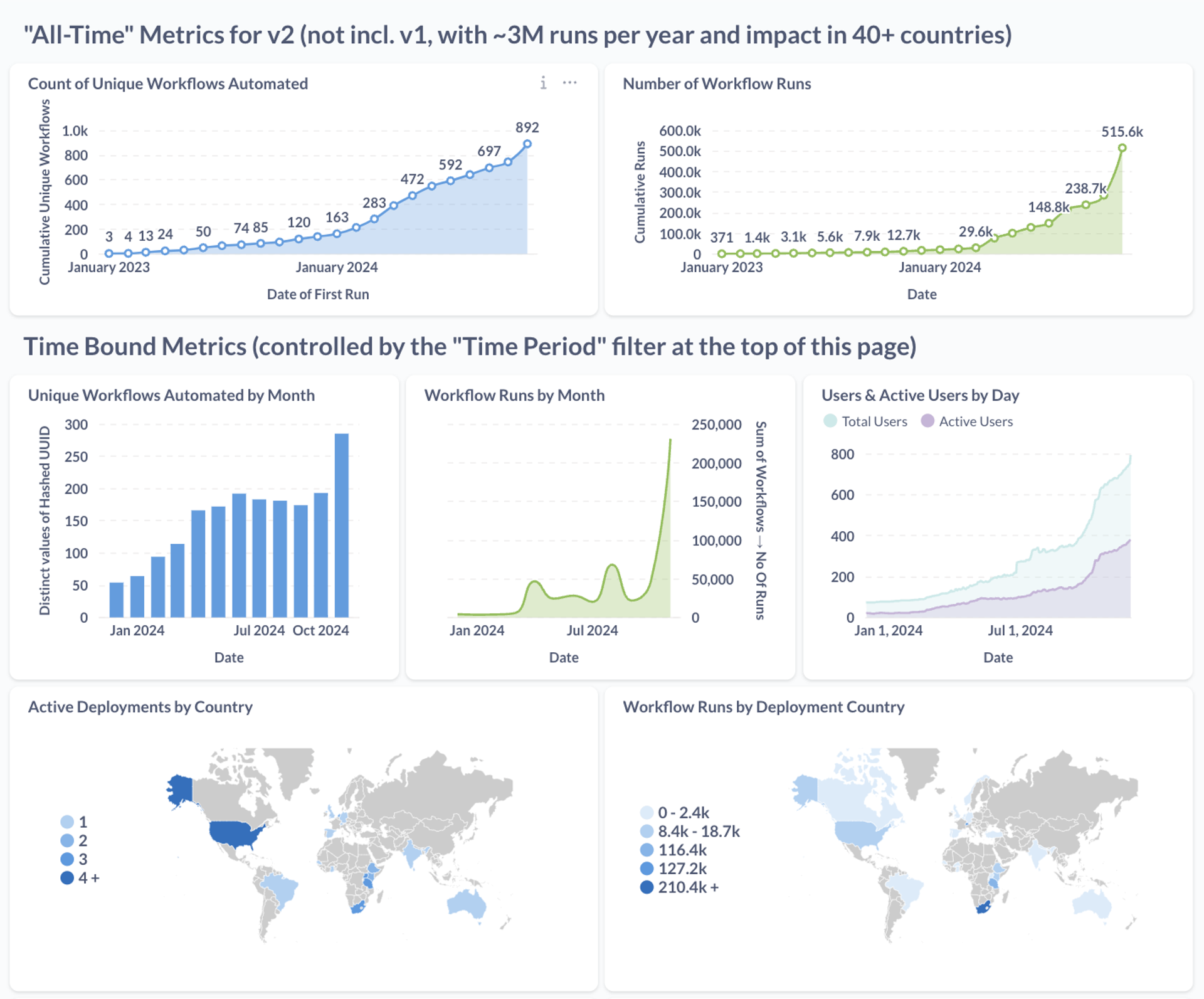
Earlier in June, we published the first product note which highlighted new features like the new workflow builder, Generic OAuth, Configurable retention period, and the Monaco editor. Since then, while improving the platform performance and fixing bugs, we have also worked on new features highlighted below.
AI Assistant
We are leveraging generative AI to make job writing easier, even for non-technical users. Our first use case is an AI assistant that provides a chat interface similar to what ChatGPT offers with an AI Model to help users build workflows faster by drafting job code, explaining adaptor functions, proofreading, and debugging job codes in their workflow. The assistant uses preconfigured and trained prompts, OpenFn documentation, sample job code, and supplied user context to generate answers when prompted. To make using AI safer and trustworthy for our users, we also published our responsible AI manifesto which communicates our consideration for transparency, accountability, humanity, and skepticism (not cynicism) when implementing and adopting AI tools or solutions.
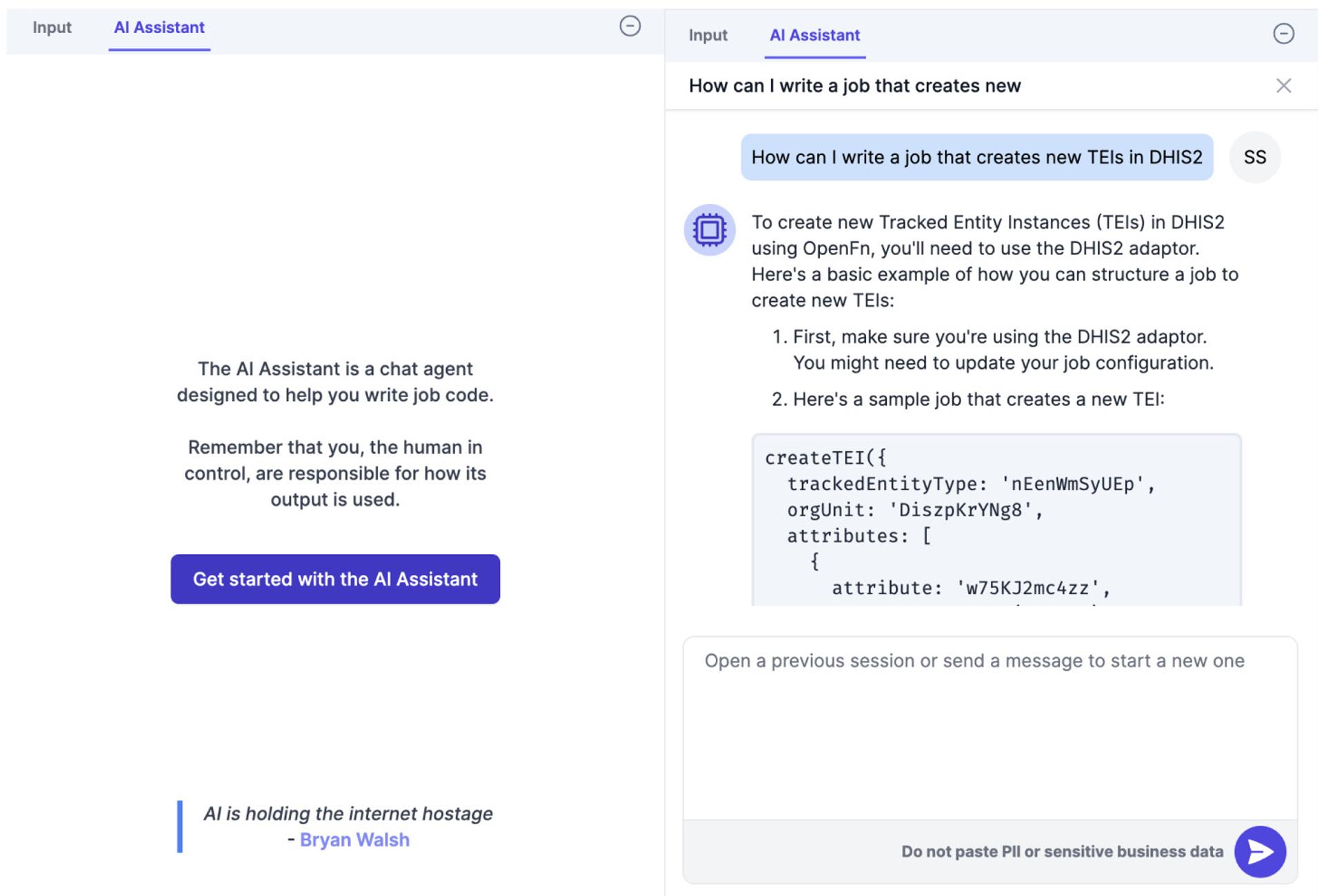
Data collection
Data collections are high-performance data stores built into OpenFn that allow users to add, read, and remove items with minimal friction. Collections are administered at a project level and the data stored (items) are accessible to all workflows in the project. A common use case is buffers—aggregating incoming data for processing or analysis in batches. We recently did a live demo, watch the recording here, and check out the documentation.
Workflow snapshots
OpenFn tracks the state of your workflow when you make and save changes to it. Snapshots allow users to view the state of a workflow as it was when a particular run was executed, which is hugely beneficial for debugging.
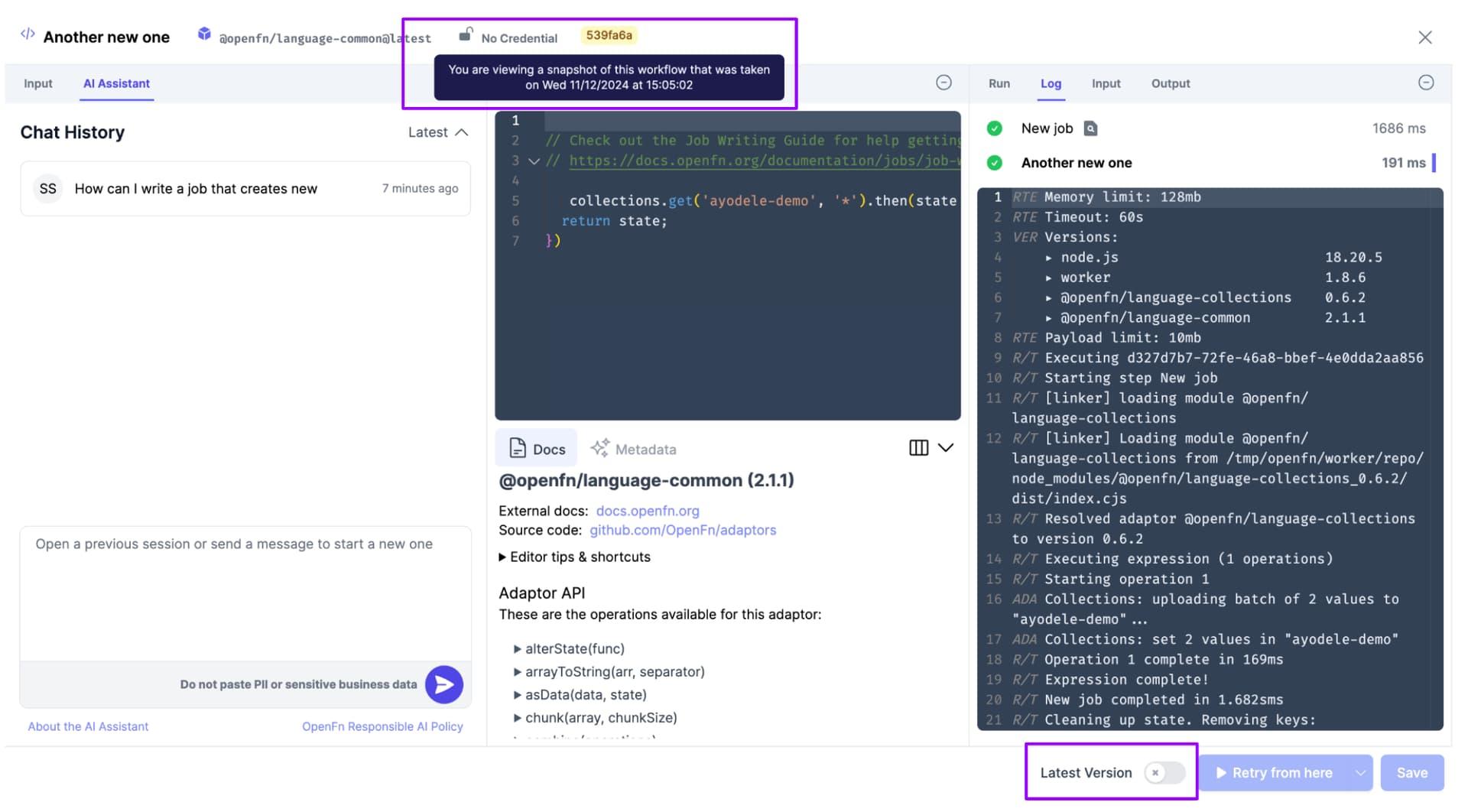
Kafka Trigger
We have extended the workflow triggers to work with Kafka clusters by providing a consumer group that receives messages from Kafka producers to trigger a workflow with the message data. This means logs and streams of data from medical equipment, data loggers and EMRs among others can securely sent to OpenFn for processing.
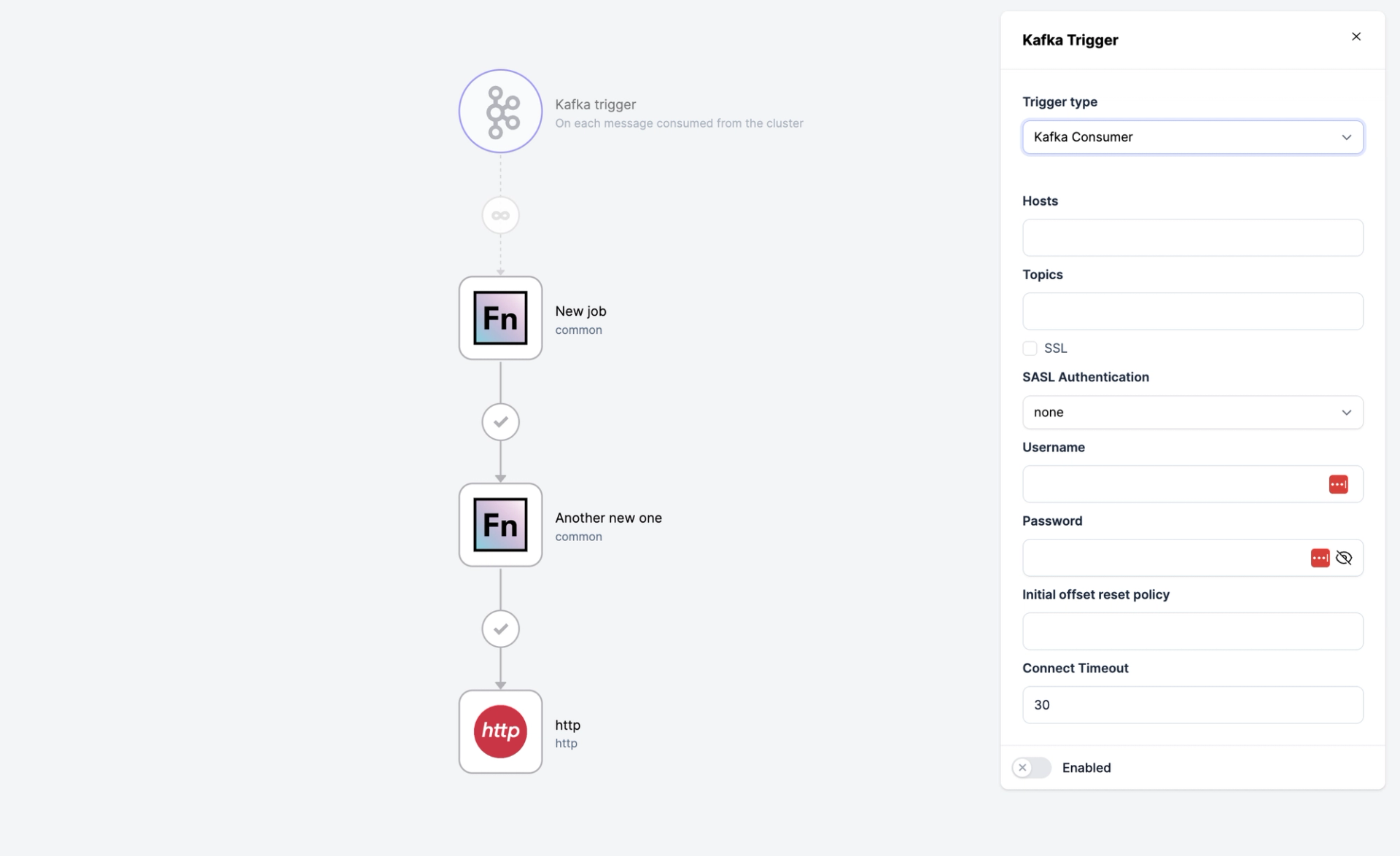
Auditing
OpenFn encourages collaboration between team members in an organization; hence, it is essential to ensure the visibility of user actions across projects. Whilst we have a very robust history interface for users to track all work orders and runs in their projects, the audit trail feature was limited and only tracked a few actions. We have extended the audit trail to cover workflow snapshots and deletion, project retention period configuration, and GitHub sync so that super admins can track who updated workflows and project configurations. Currently, the audit trail feature is available to superusers only but we will gradually release auditing at a project level for project owners and admins in 2025.
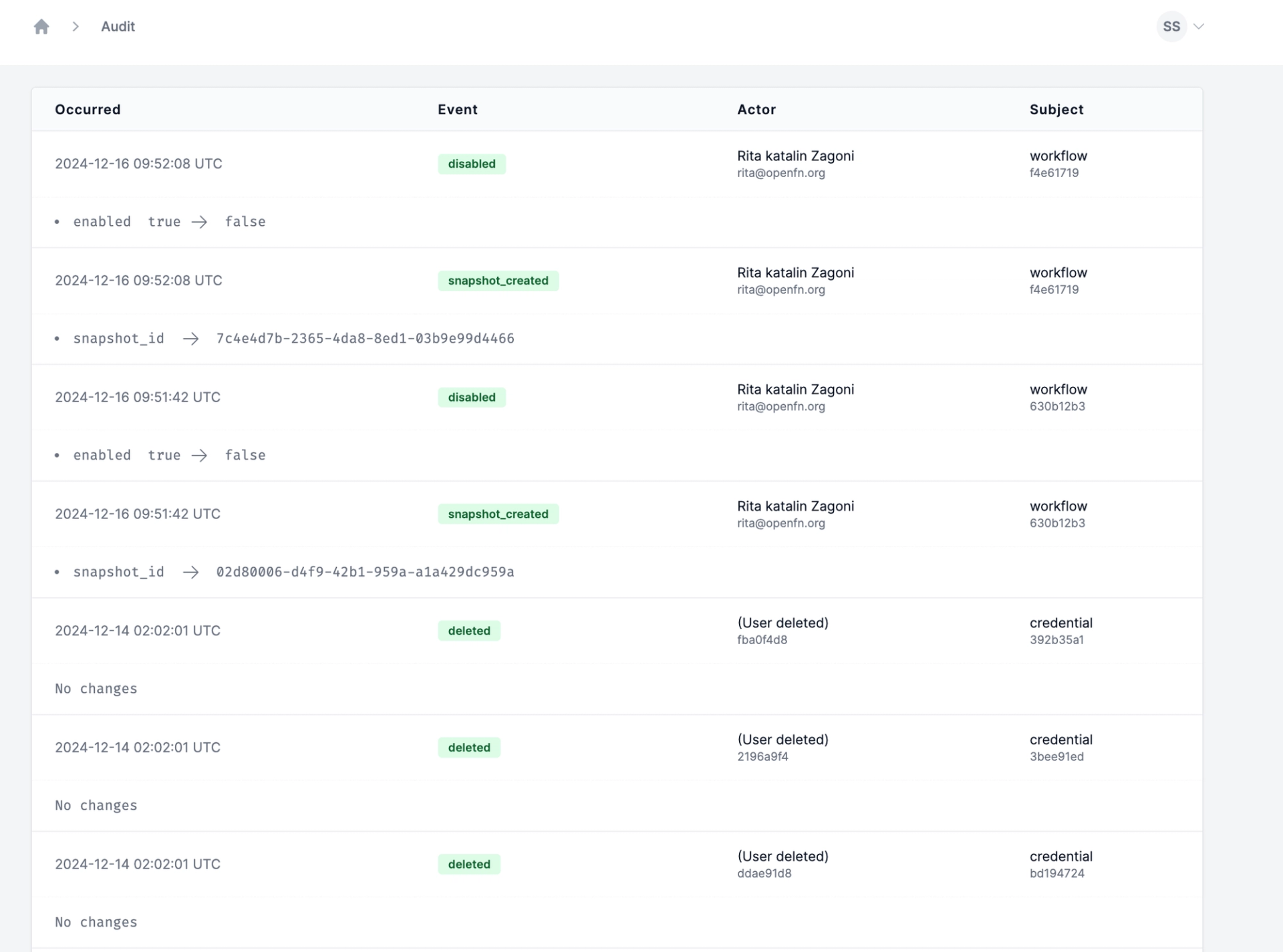
Work order history export
Users can now export their work order history in one click from the project history page. Work order history exports include runs, logs, input, and output data clips for all the work orders selected for export. This is relevant for users who still want to keep a history of their work orders beyond the project's history retention period.
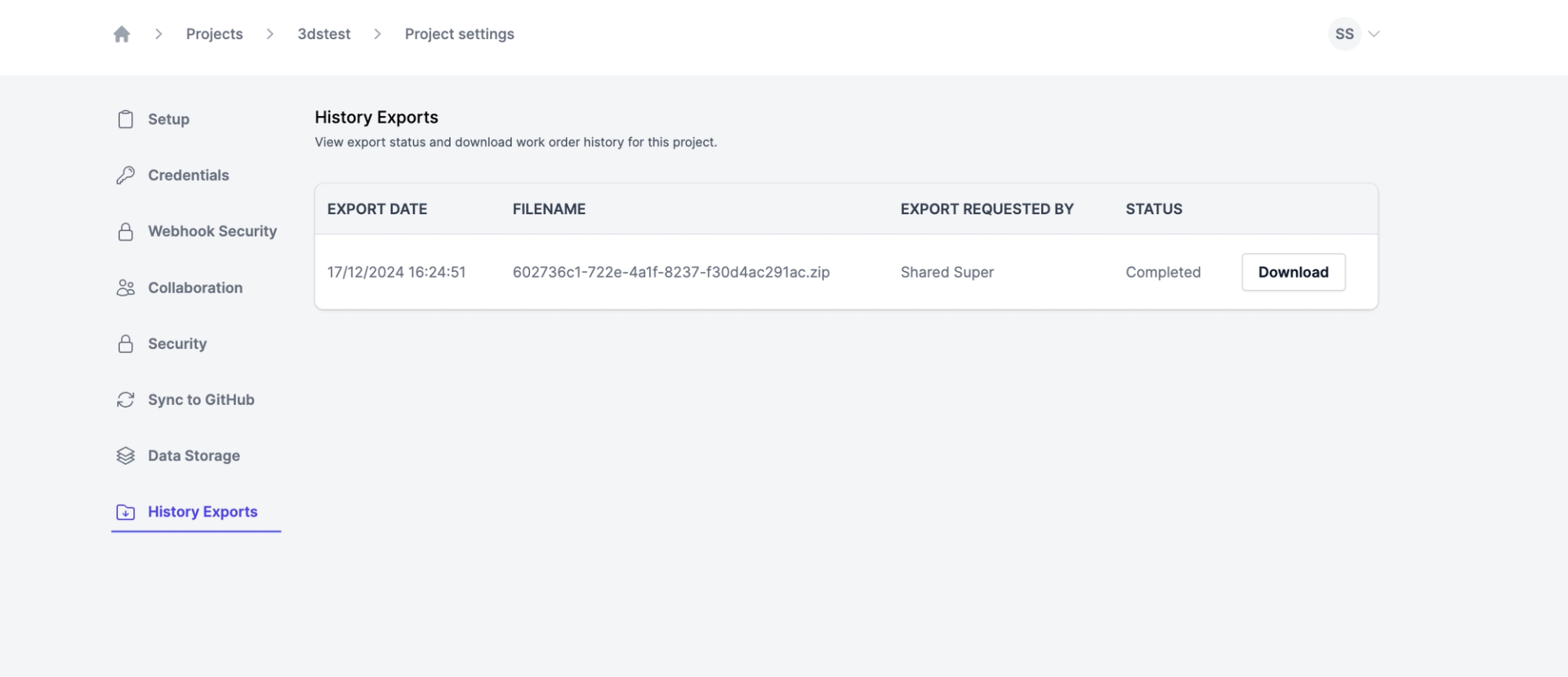
Configurable run concurrency
Configurable run concurrency refers to the number of concurrent runs of a workflow that can be executed at a time. When run concurrency is set to 1 (minimum), only one run of that workflow can be executed concurrently. This is configurable via the workflow settings panel.
Events
Since our last update, we’ve been hitting the road, non-stop. We want to meet with more OpenFn implementers and better understand the work they are automating on our platform. Here are some of the events we've been to across various countries and we have had the opportunity to meet, share lessons and learn from members of our community.
Global DPI Summit
Taylor joined other DPGs and DPIs in Egypt at the global DPI Summit 2024, where participants from over 150 countries gathered to discuss the role of DPIs in driving national development and discuss approaches to the adoption of DPG/Is around the world.
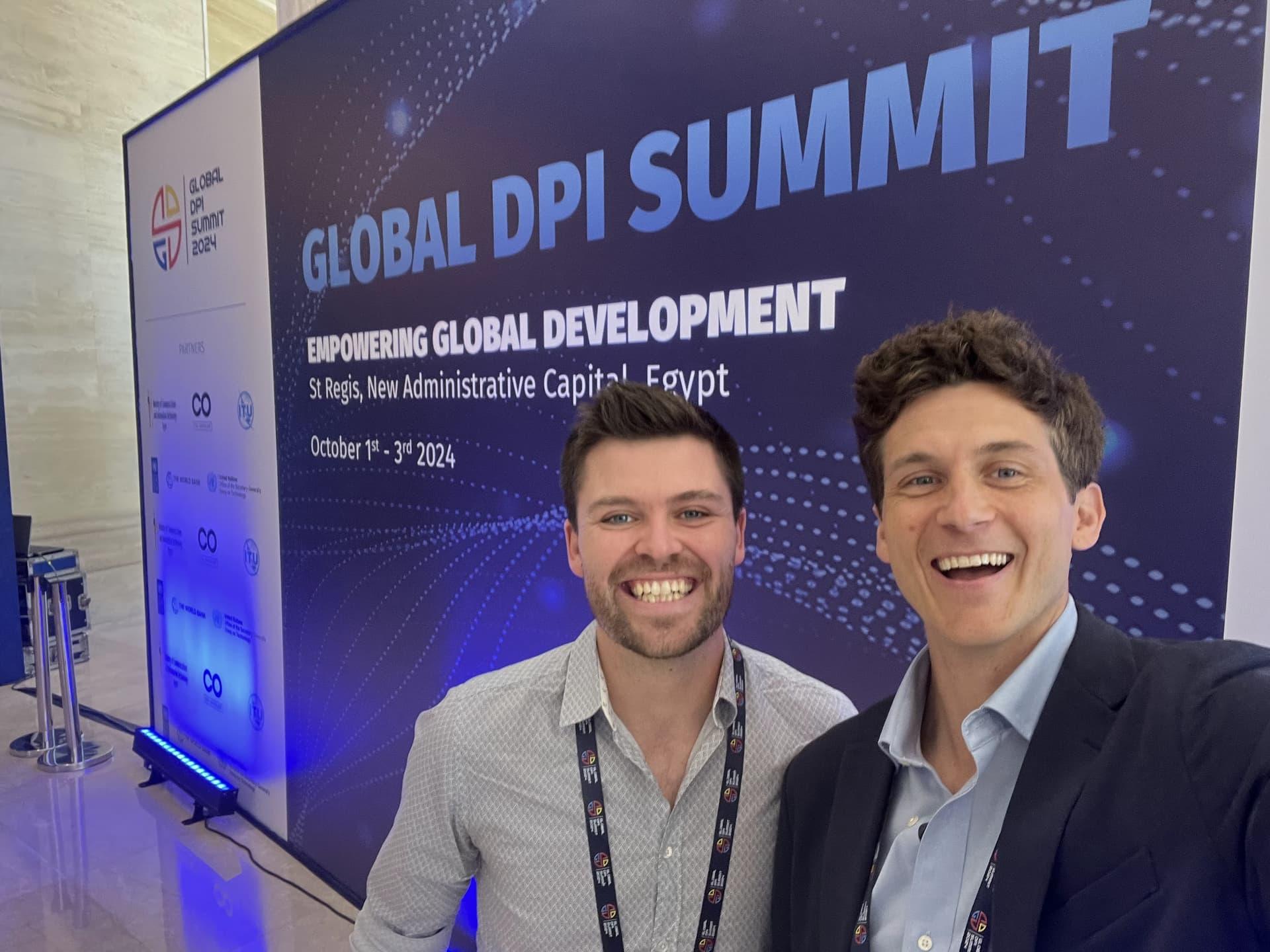
Health Tech Conference
Elias was in Rwanda at the Africa Healthtech conference, where he demoed OpenFn to startups participating in the HELINA hackathon.
Primero Meeting
I attended the Annual Primero Meeting with 75 other participants from different countries who use Primero for case management in child protection and related issues. It was a good opportunity to learn about the community of users who rely on technology like OpenFn to make them better at their work.
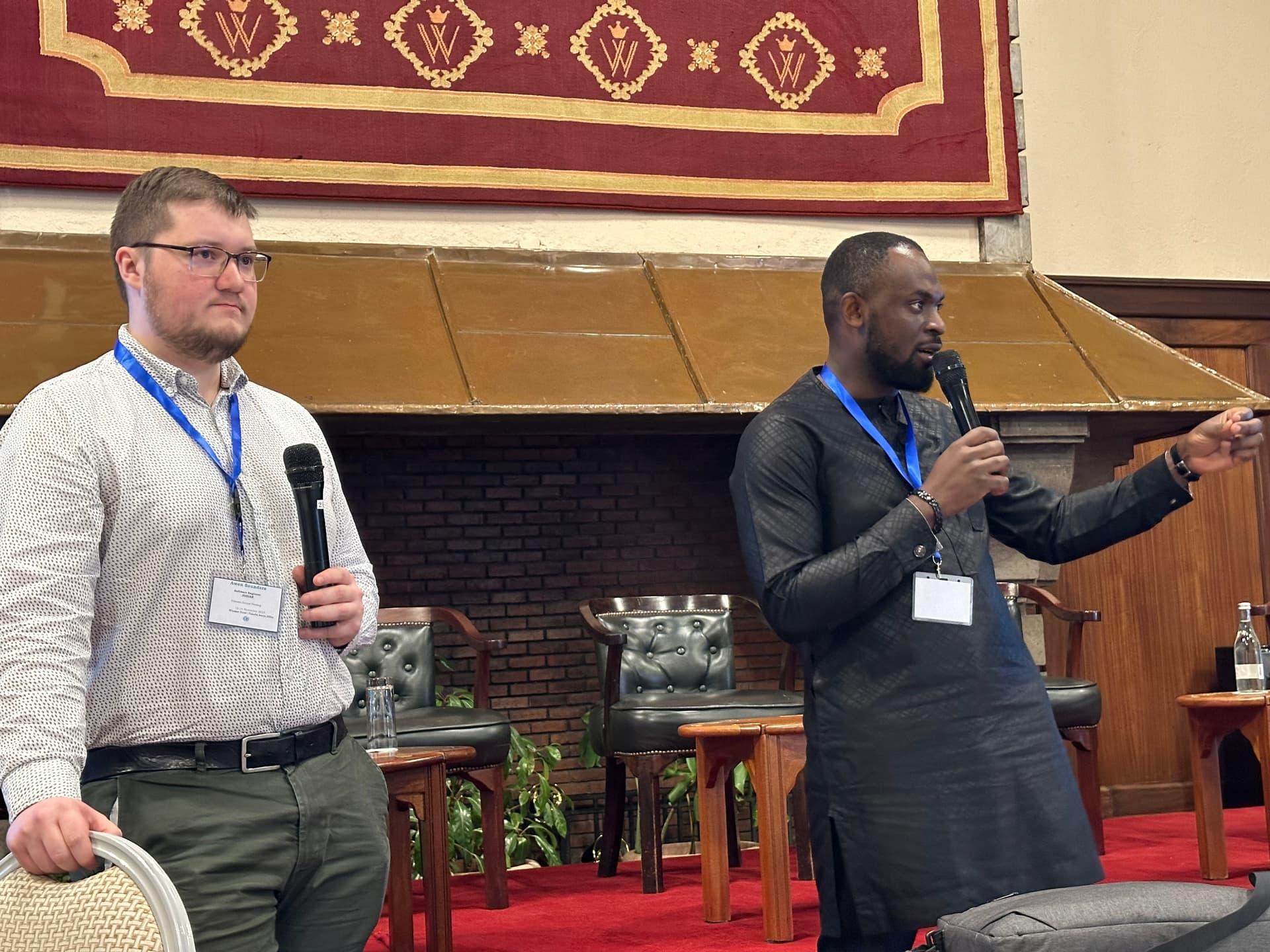
GDHF Kenya
The Core OpenFn team participated at the just concluded Global Digital Health Forum in Kenya. Taylor, Aleksa, and Aisha had uncountable impromptu elevator pitches and demos of OpenFn.
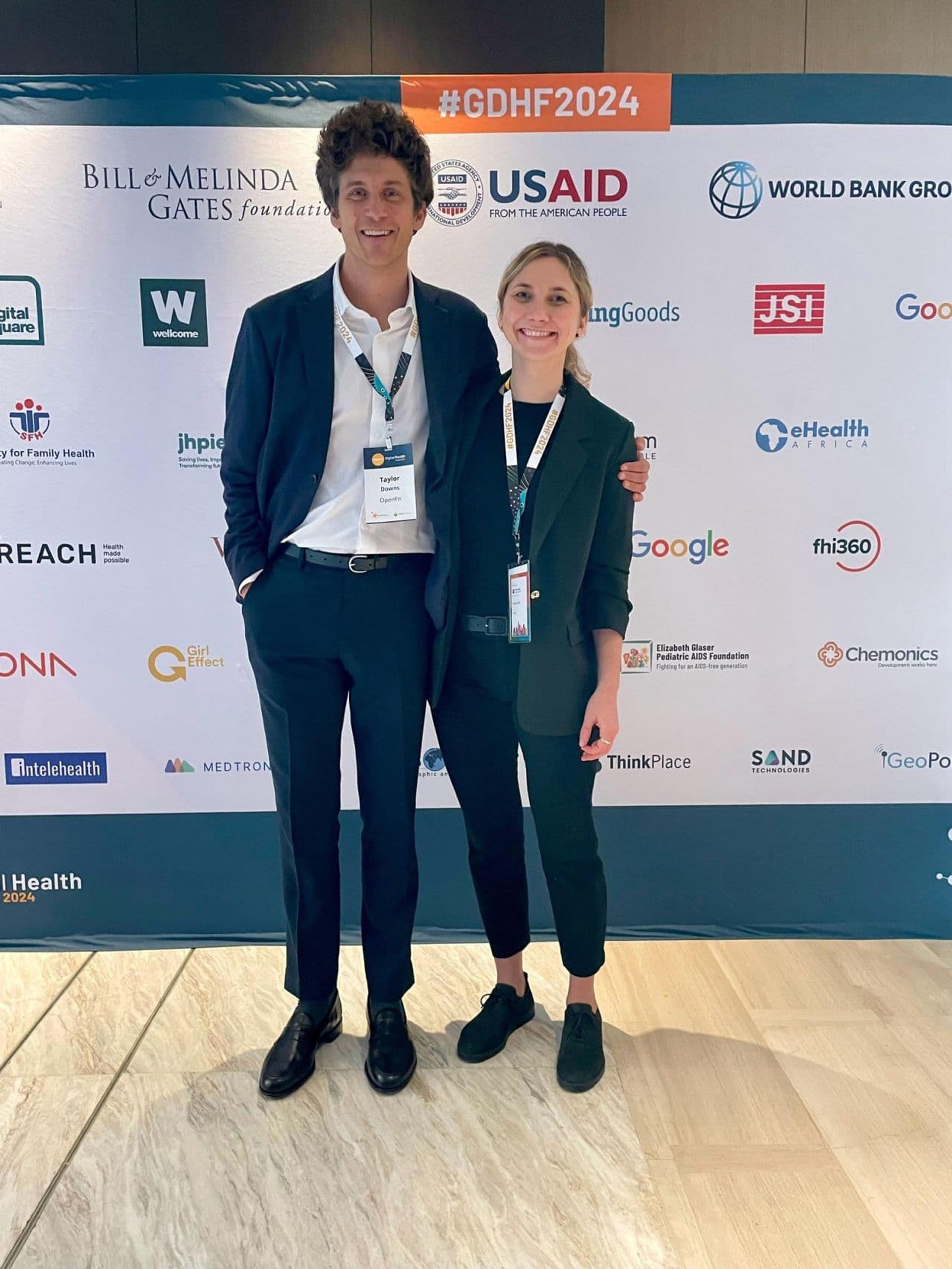
OpenFn Community Meeting
We partnered with Paystack in Kenya to host our first community meet and greet in Kenya where we gathered developers and project managers from humanitarian organizations to discuss workflow automation and how OpenFn is enabling workflow automation across sectors
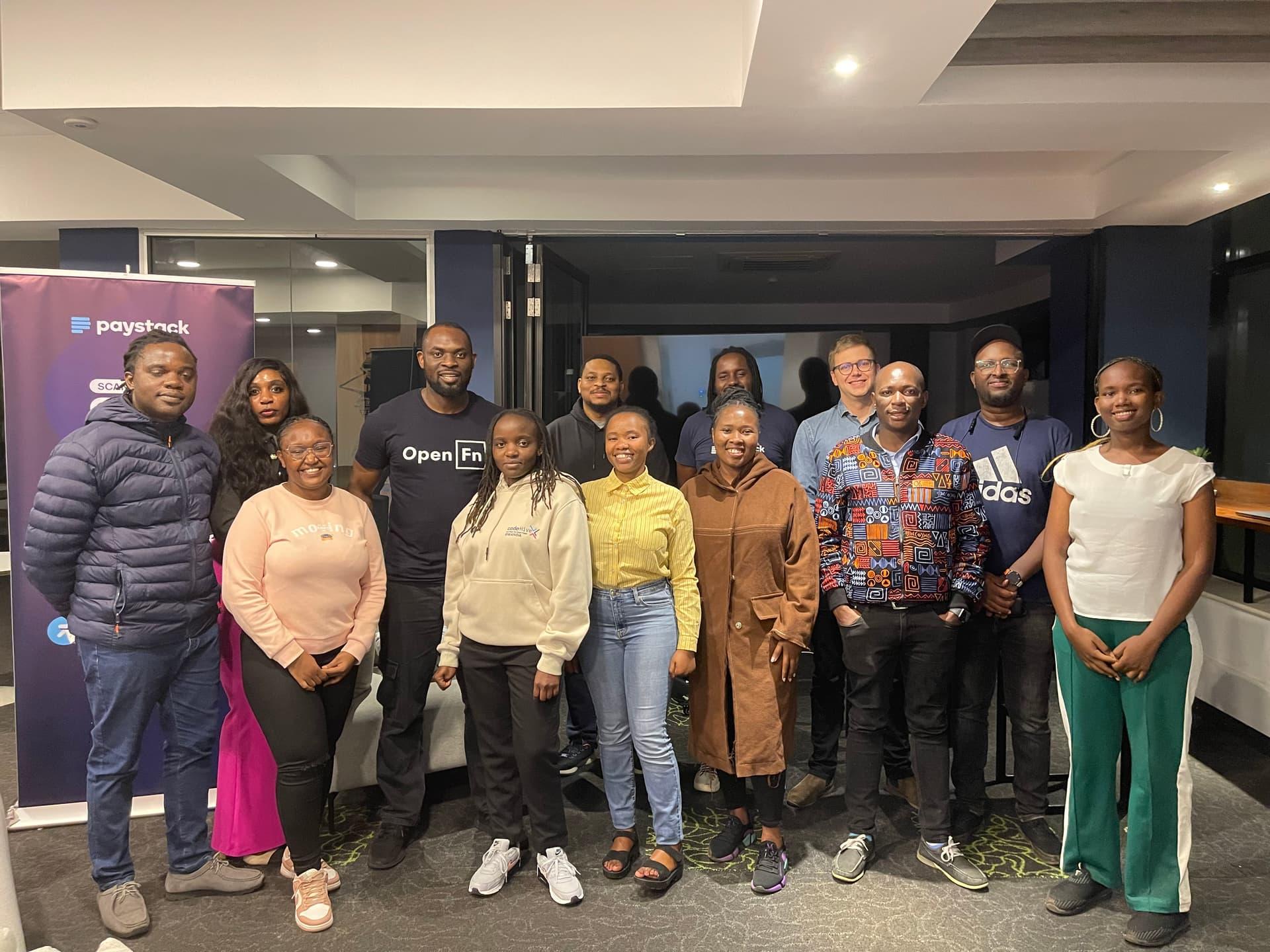
Open Digital Health Summit
We participated in ODHS 2024, where we met with developers, architects, innovators, and thought leaders in the digital health space and participated in hands-on learning sessions to accelerate standards-based and AI-enabled digital transformation for health. Our team had an opportunity to host an OpenFn workshop where we introduced new users to OpenFn.
OpenHIE Community Meeting
We joined the Open Health Information Exchange (OpenHIE) community in Sri Lanka to share our experience of powering interoperability and health information exchange through our FHIR adaptors enabling FHIR-FHIR and FHIR-Non-FHIR data exchange between systems.
Get Involved with OpenFn
Ahead of 2025, I am inviting you to play an active role in shaping OpenFn as the leading workflow automation platform for governments and humanitarian organizations worldwide. Here are a few ways to contribute and make an impact.
Be active in the community
The OpenFn community is the heart of collaboration and support, connecting users and the OpenFn Core team. By participating in discussions, sharing your experiences, or inviting others to join, you can help strengthen this network. Your engagement in the community not only drives our engagement metrics but also ensures that everyone has quick access to support when needed.
Submit a Pull Request
If you’re a developer, you can contribute by submitting pull requests to issues on our GitHub project board. Every contribution helps improve OpenFn for everyone and our team is committed to reviewing and providing feedback on every pull request, ensuring your efforts are valued and impactful.
Request (and Upvote) Feature Requests
If you have ideas for new features, please let us know! You can request features by creating a post in the "Feature Requests" category on community.openfn.org. Upvoting existing requests signals what matters most to users. If you’re looking for something specific and want to sponsor its development, we’re here to discuss that too.
Share and talk about OpenFn
Finally, help us spread the word about OpenFn. Sharing OpenFn with your professional and social networks or speaking directly with friends and colleagues about its benefits can make a big difference. Watch our latest trailer introducing what we’re all about!
Every contribution—big or small—brings us closer to empowering more organizations to scale impact and drive efficiency. We’re excited to have you involved!
A final thought
As we reflect on this year’s achievements, we recognize that none of it would have been possible without you—our incredible community of developers, users, and advocates. We are deeply grateful for your unwavering support, feedback, and belief in our mission to empower governments and non-profit organizations around the world to operate more efficiently.
Looking ahead to 2025, we are filled with optimism and poised growth. Your contributions to the product and this community have been invaluable; we invite you to continue this journey with us.
On behalf of the whole team, Happy Holidays!
— Ayodele
Written by
Ayodele Adeyemo